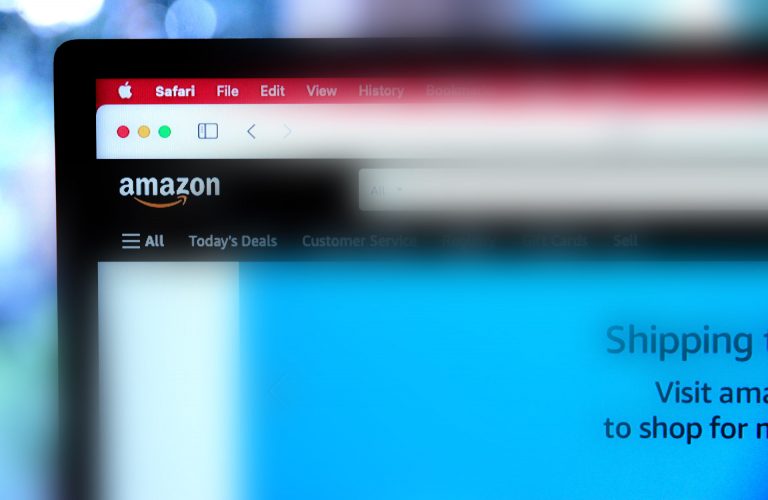With all the new innovations we are seeing in technology, more and more sensitive data is being stored electronically. Identity theft is a real concern, as potential hackers and thieves are finding creative ways of stealing this information. Once your identity has been compromised, setting things straight can be a difficult process. Trying to prove you are a victim and take back control of your own life can take months, if not years.
While no one can guarantee that identify theft won’t happen, there are ways to significantly reduce the risk. With the right measures in place, you can enjoy technology with the knowledge you have taken steps to protect yourself.
Don’t Forget the Basics
There are a few basic rules to follow, and the most important thing to remember is not to be complacent with your personal data. This means changing passwords regularly and being selective of the information that you share online. Be wary of anyone sending odd requests via email or social media, as an identity thief may be trying to scam you out of your hard earned money. Double check any email addresses before responding, noting most reputable companies won’t request credit card information via email. Keep your security settings as high as possible, and always update your device. Intelligent antivirus protection is a must. When you are out and about, avoid using insecure networks.
Technology Can Help
Technology may be used by unscrupulous criminals to participate in ID theft, but fortunately, it can also be the one thing which can keep you safe. There are companies which are staying ahead of the game, offering customers identity theft protection. By investing in this protection, your identity will be monitored for any credit filing activity, online loan applications, USPS address changes and cell service applications. In the event that your identity is compromised, a good identity theft protection service will also include an insurance-style package to cover any damages and legal expenses. In the event there is a breach, having a program in place which is regularly monitoring your accounts will allow you to act quickly and put a stop to any criminal behavior before it goes too far.
Offline Matters Too
There are a few ways you can protect your identity before you even switch on your computer. Keep your documents secure in your home and as you travel. Shred any documents before disposing of them. Scams designed to steal your identity often occur via phone, be cautious of anyone who is claiming to be from a well-known company who is asking for your personal details. If you are unsure, there is extensive information located on the U.S. government’s Scams and Frauds page.
In summary, protecting your identity requires a range of different measures. These include general safety strategies such as regularly changing your passwords and using antivirus software, as well as getting identity theft protection from a monitoring company.
Be cautious both online and offline, and only disclose your personal data when absolutely necessary. Remember, when it comes to scams – if something sounds too good to be true, then it probably is.










